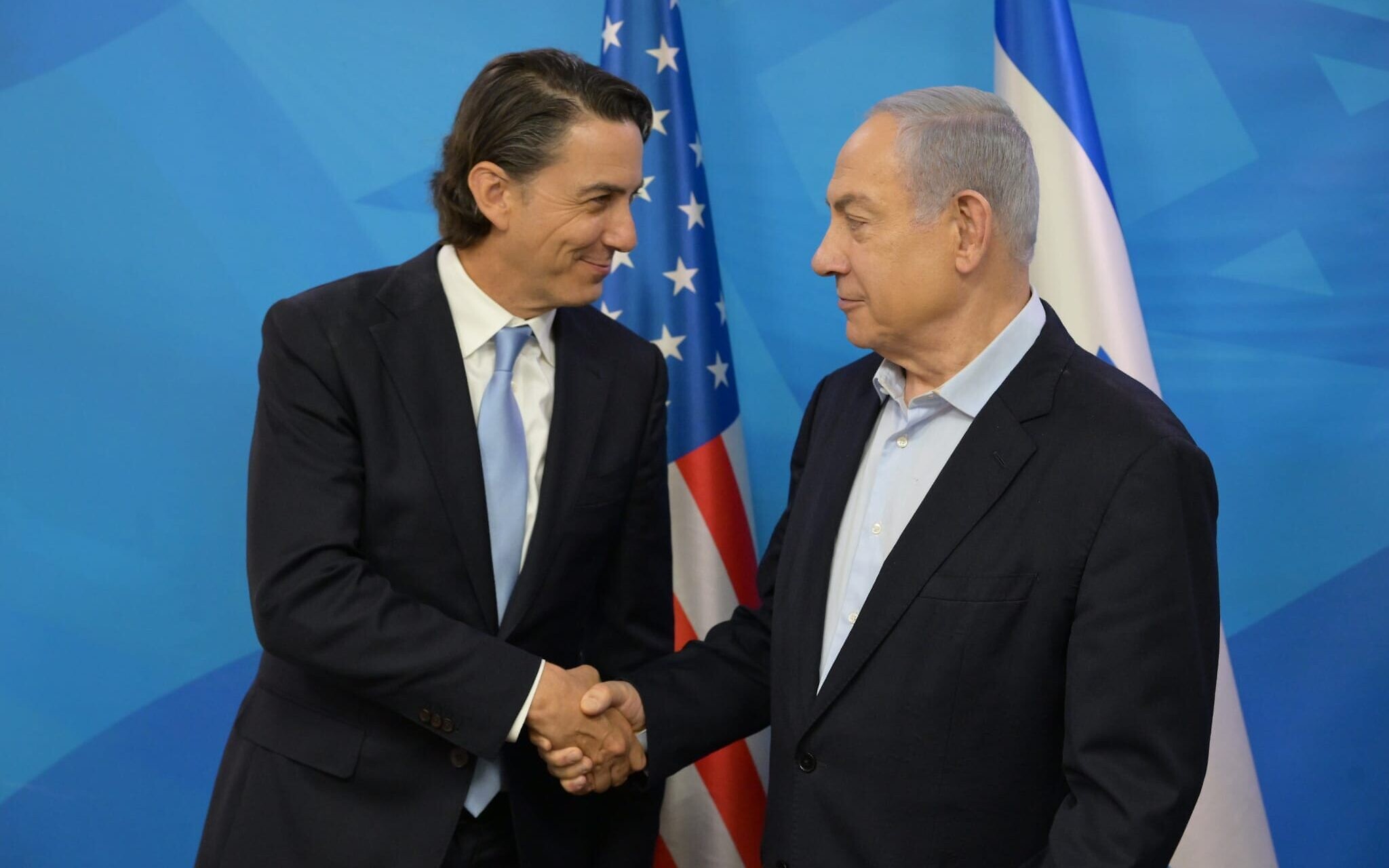United States Special Envoy Amos Hochstein is set to visit Israeli Prime Minister Benjamin Netanyahu today, Monday September 16, as part of his purported efforts to deescalate the situation between Hezbollah and Israel.
In anticipation of his arrival, Netanyahu escalated threats against Lebanon and warned of an all-out war. He even warned that current Israeli Minister of Defense, Yoav Gallant, might be replaced in case he refuses to expand the war in the north, with Lebanon.
Netanyahu has since denied making comments regarding dismissing Gallant from his position.
Meanwhile, Israeli broadcasting agencies indicated that Israel’s military commanders in the north are in agreement with Netanyahu on his will to expand the war against Hezbollah.
Refusing the Patron’s Demands
Israeli politicians have repeatedly disregarded American calls for de-escalation since last October. Ignoring both American and other international calls for a ceasefire, Israel’s genocidal campaign is almost entering its second year.
While the US administration’s discourse shifted stances numerous occasions, at times offering unequivocal support and at others condemning certain Israeli operations, the provision of military support and material assistance has continued uninterrupted nonetheless.
Netanyahu’s discursive escalation prior to Hochstein’s visit is situated amidst a recurrent trend of obstruction of the ceasefire process by Israeli authorities.
Strikes across Lebanon have only expanded in scope since the beginning of the current round of fighting, while Israeli operations have also targeted areas deep into Syria and Iran, in what is widely analyzed as an attempt to trigger an all-out conflict.
Netanyahu’s threats are an implicit sign to Hochstein that his proposal for a diplomatic solution to the conflict is already defunct, and that there aren’t any good reasons for Hochstein to propose a diplomatic solution unless it falls within the realm of Israel’s exigent and unrealistic demands vis-a-vis both Gaza and Lebanon.
Psychological Warfare and Strikes on Gaza, the West Bank and Lebanon Continue Unabated
During the weekend, Israeli strikes targeted a range of towns across South Lebanon and the Western Bekaa. On Friday, a strike on the town of al-Ahmadiyeh led to one death and seven injuries, including that of a child.
Meanwhile, the Israeli army dropped leaflets over South Lebanon saying that anyone “remaining in their village will be deemed a terrorist and their life forfeit.”
“The Israeli army will use all its strength to ensure these areas are emptied of residents,” the leaflets added.
It’s far from the first time that the Israeli army conducts such operations, as it has been a recurrent strategy of psychological warfare adopted not only this year, but also during previous periods such as the 2006 war.
As Israel continues to block attempts for the attainment of a ceasefire agreement, the region’s population, especially people in Gaza, the West Bank and Lebanon, remain in a constant state of precarity.
As of September 6, the Israeli aggressions on Lebanon have led to the death of at least 137 civilians, including 23 children and 3 journalists. The Ministry of Public Health also announced that over 27 healthcare workers have been martyred, while 94 others have been injured.


